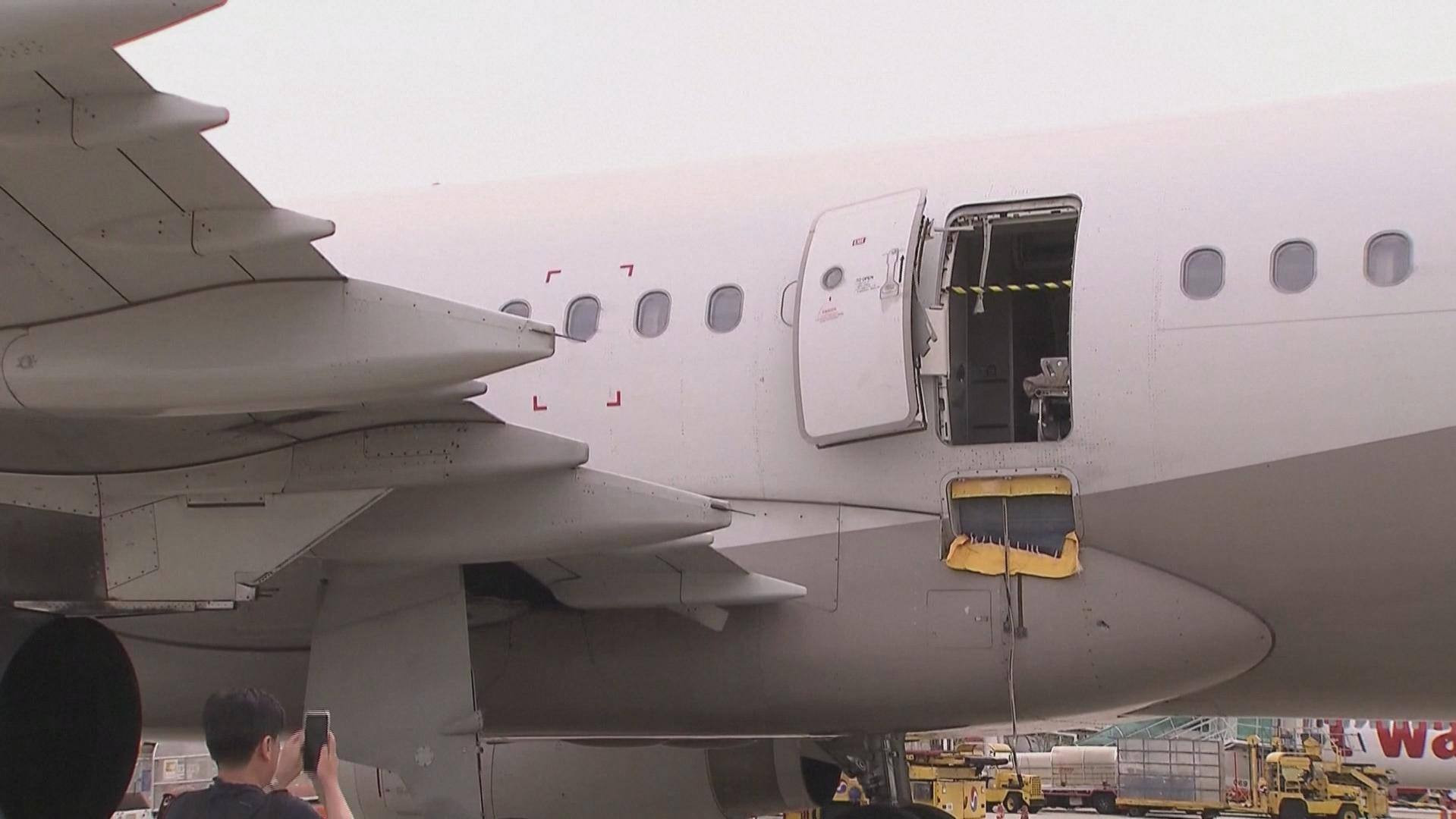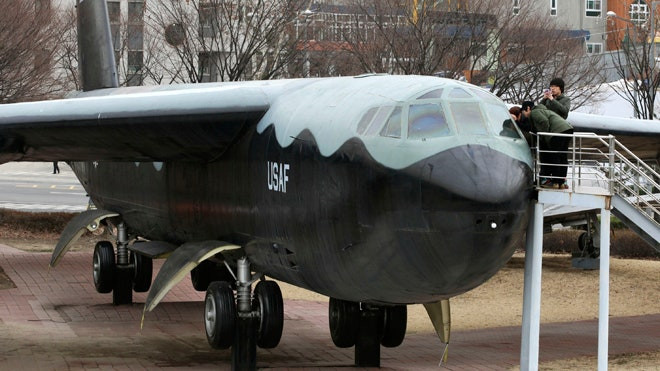Horrific South Korea Plane Crash: 177 Dead, Bird Strike Suspected
A devastating plane crash at South Korea's Muan International Airport on Sunday has claimed the lives of at least 177 people, leaving the nation in mourning. A Jeju Air Boeing 737-800, flight 7C2216, en route from Bangkok, crashed while attempting to land, resulting in a catastrophic fire. Only two crew members survived the incident, suffering mid to severe injuries. This marks the deadliest air accident in South Korea's history.
The sheer scale of the tragedy is heartbreaking. The passenger manifest reveals the youngest victim was a three-year-old, while the oldest was 78. Five children under 10 were among the deceased. The remaining passengers were predominantly in their 40s, 50s, and 60s. 84 women, 82 men, and 11 individuals whose genders weren't immediately identifiable perished in the blaze. The swift response from over 1,500 emergency personnel, including firefighters, police, and military personnel, underscores the gravity of the situation. A temporary morgue was set up at the airport to facilitate the identification and transfer of victims to external facilities.
Possible Bird Strike: A Focus on Muan Airport's History
A bird strike has emerged as a potential contributing factor to the crash. Air traffic controllers warned the pilot of bird strike risks minutes before the accident, and one surviving crew member reportedly mentioned a bird strike after being rescued. This has brought scrutiny to Muan International Airport's history with bird strikes. Yonhap News reports that between 2019 and August 2024, Muan Airport recorded the highest rate of bird strikes among South Korea's 14 regional airports, with 10 incidents reported. Although the absolute number is small, the strike rate of 0.09% of flights is significantly higher than other major airports. This statistic, while seemingly insignificant, raises concerns about the airport's bird control measures and the potential impact on flight safety. Aviation experts emphasize that bird strikes, especially at an airport’s location near fields and coastal areas, can have catastrophic consequences. This incident highlights the vital importance of robust bird deterrent systems and technologies at airports.
The Rise in Bird Strikes and Climate Change
The increasing number of nationwide bird strike incidents in South Korea – from 108 in 2019 to 152 in 2024 – adds another layer of complexity. Some suggest this trend might be linked to climate change, as migratory birds establish permanent residency, altering the timing and species of birds present near airports. Airports employ various countermeasures, including sound deterrents and monitoring systems, with some exploring advanced technologies like AI and radar to track bird movements. The need for improved bird control strategies is undeniable, given their potential impact on aviation safety.
Government Response and International Condolences
South Korea's acting president, Choi Sang-mok, declared a period of national mourning until January 4th, expressing deep condolences to the bereaved families. This incident represents a significant challenge for Choi, who assumed office just days before the tragedy following the impeachment of the previous acting president. The international community has also expressed its sympathy and support, with condolences pouring in from world leaders including Germany’s chancellor, Olaf Scholz, and Ukrainian President Volodymyr Zelenskyy. The global response underscores the profound impact of this tragedy and the shared grief felt across the world.
Investigating the Cause: Black Boxes and Ongoing Inquiry
The South Korean transport ministry has confirmed the retrieval of the flight data and cockpit voice recorders (black boxes), which will be crucial in determining the exact cause of the crash. Eight aircraft accident investigators and nine aviation safety inspectors are actively conducting initial investigations at the site. The runway at Muan Airport remains closed until January 1st, 2025, allowing for thorough investigation and accident reconstruction efforts. This systematic approach is vital to understanding this tragedy and will likely inform improvements in aviation safety practices worldwide. Meanwhile, Jeju Air CEO Kim E-bae offered a televised apology, stating there were no early signs of aircraft malfunction and that the aircraft had no prior accidents. However, footage of the crash shows the plane landing without its landing gear deployed. The investigation will shed light on whether this was a contributing factor to the crash, along with other possible causes like the speculated bird strike, and the reported unusual flames visible from the right engine on approach.
A Nation in Grief: Remembering the Victims
The crash of Jeju Air flight 7C2216 has resulted in an unprecedented level of tragedy in South Korea. The impact will extend beyond the immediate families affected. The lives lost highlight the importance of meticulous safety protocols and the constant vigilance required in the aviation industry. The investigation's findings will be critically important, not only for understanding this particular incident, but also for shaping future safety regulations and practices globally. The families and the nation begin a long and arduous process of grieving, healing and remembering those who perished. The memories of the passengers and crew on flight 7C2216 will forever be held in the hearts of those who loved them. The investigation into the causes of the crash will continue, and many questions remain unanswered. The recovery effort is ongoing. The grief and the memory of this incident will linger for years to come.

















